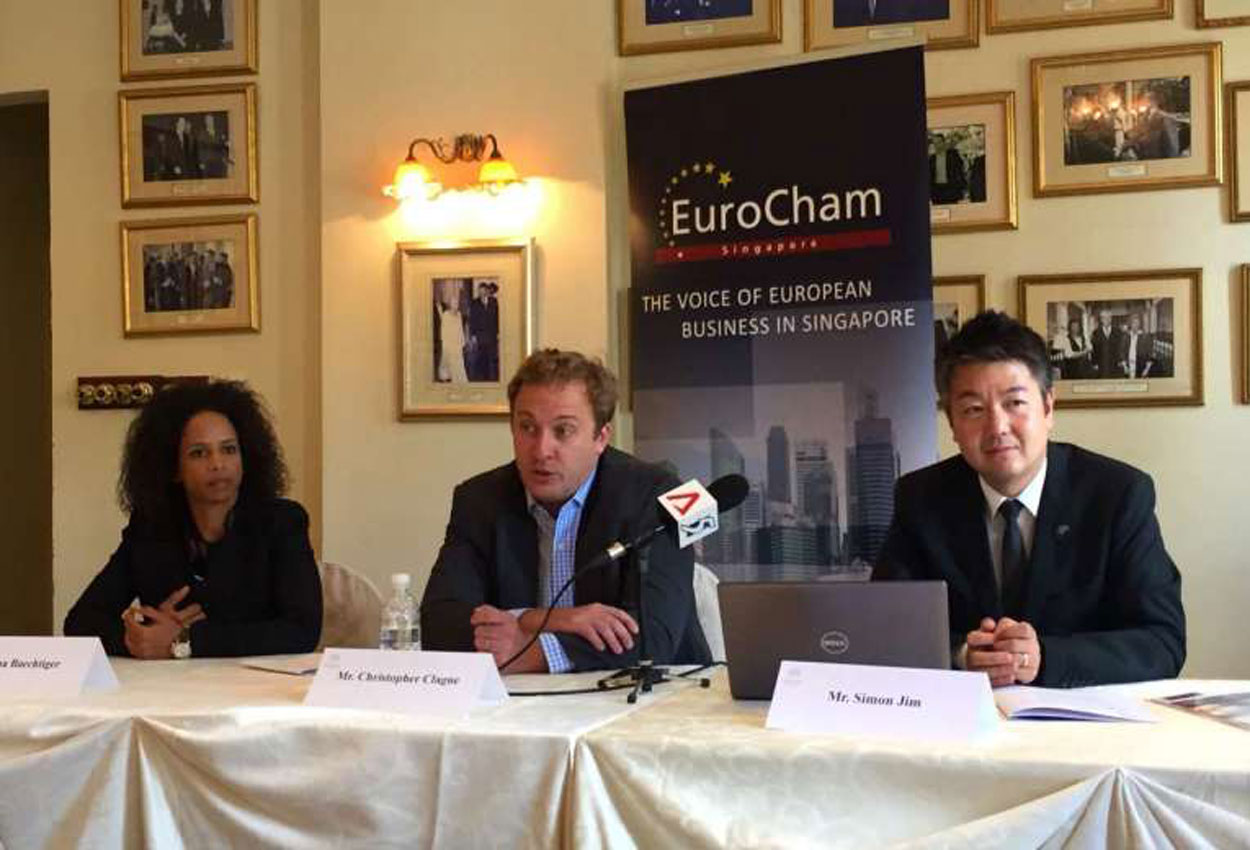SINGAPORE – While Singapore is ranked above most of its South-east Asian counterparts in a new index on preventing illicit trade, it is still behind economies such as Malaysia and Hong Kong.
Australia, New Zealand and Hong Kong topped the list, which was created by the Economist Intelligence Unit (EIU). Called the Illicit Trade Environment Index, it measured 17 economies in the Asia-Pacific region.
Looking at four policy categories, EIU – an arm of The Economist Group – evaluated the extent to which they enable illicit trade. Those with the best environments are taking the most action on the issue while those who do little score worse.
The categories are: intellectual property, transparency and trade, customs environment, and supply and demand.
The index was commissioned by European Chamber of Commerce in Singapore (EuroCham), highlighting how global free trade does not only benefit governments and businesses. Increasingly, it also benefits traffickers, terrorists and criminals, said EuroCham.
It added that illicit trade provides funds for transnational crime networks and terrorist organisations, posing a threat to public health, the environment, innovation and tax revenues.
Although Singapore topped the customs environment category, with its clearance and inspection times among the best in the region, said the report, it was ranked fourth from bottom for transparency and trade, being one of the world’s busiest ports.
Overall, it tied for seventh place with Taiwan based on its scores for transparency and Free Trade Zone governance.
Among factors for Australia and New Zealand’s high scores were that they are “geographically distant” from the rest of the world and maintain tight control over imports of wildlife and agricultural goods.
Hong Kong, once a hub for counterfeit goods, ranked third with experts in illicit trade and intellectual property pointing to “great improvements in policies and institutions designed to combat illicit trade”.
Findings of the report suggested that combating illicit trade requires “closer tripartite collaboration” between brand owners, intermediaries and the authorities.
“Fake goods don’t just take away revenue from companies or governments. They threaten the security of nations by supporting transnational crime syndicates and terrorist groups,” said Mr Simon Jim, chairman of the Intellectual Property Rights Committee of EuroCham.
A recommendation paper to combat illicit trade was also commissioned by EuroCham and produced by KPMG on enhancing intellectual property rights protection, public-private partnerships and free trade zone governance.
EuroCham is a non-profit organisation with members including the European National Business Groups in Singapore.
Last month, Singapore was flagged by wildlife monitoring network Traffic for being a transit point for illegal ivory trade from Africa to other Asian countries. This is despite the country’s small domestic ivory market.

This article was first published on October 13, 2016.
Get a copy of The Straits Times or go to straitstimes.com for more stories.






